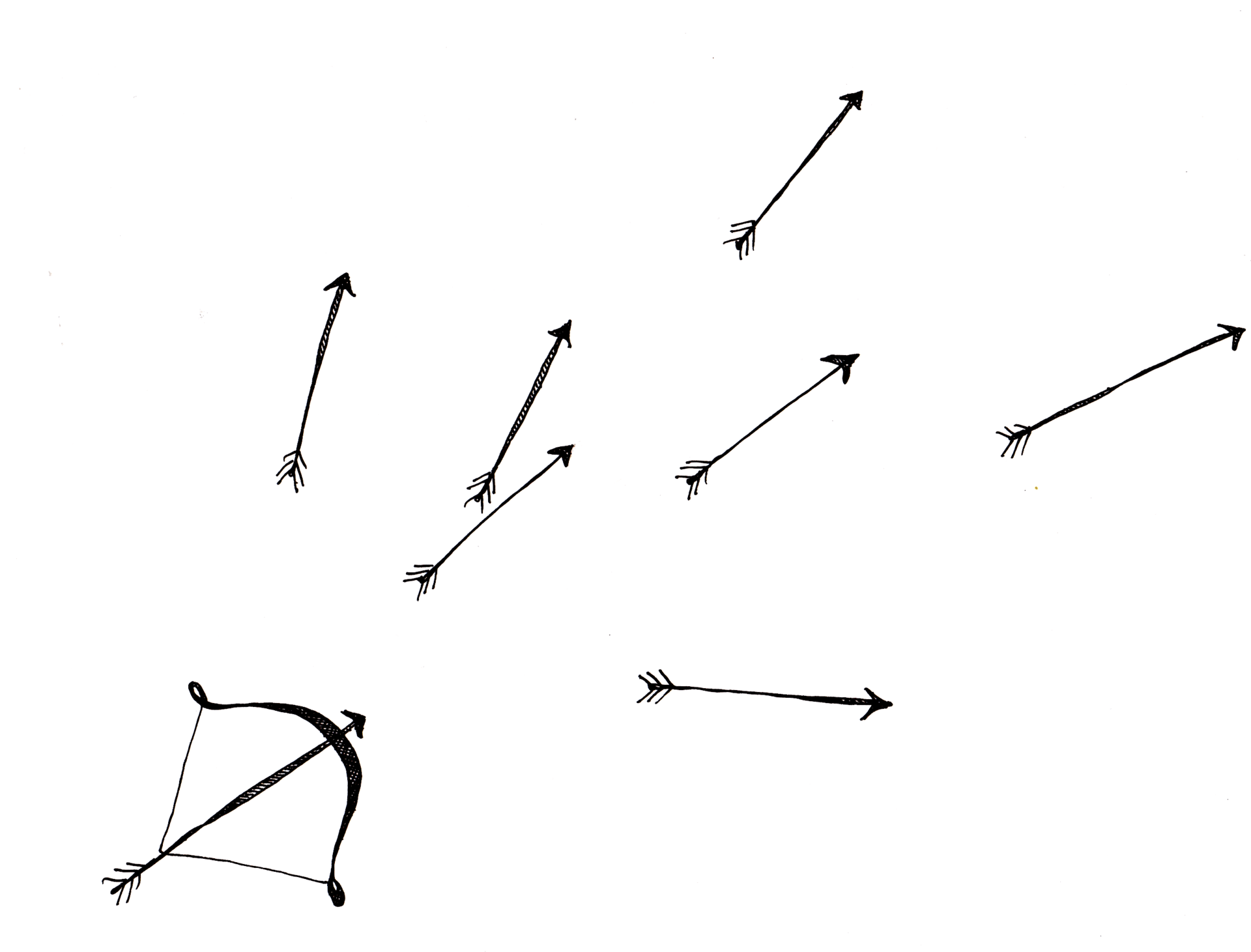
If our newsletter has helped you feel less wicked and alone, less shitty or afraid, then please consider financially supporting us. Subscribers gain access to the entire archive, the Sunday essay, the complete recommendations roundup, and the comprehensive rundown of my weekly recovery program.
If you’d like to become a paid subscriber but can’t afford it at this time, email me: [email protected] and I’ll hook you up.
Clear eyes, full hearts, etc. —AJD
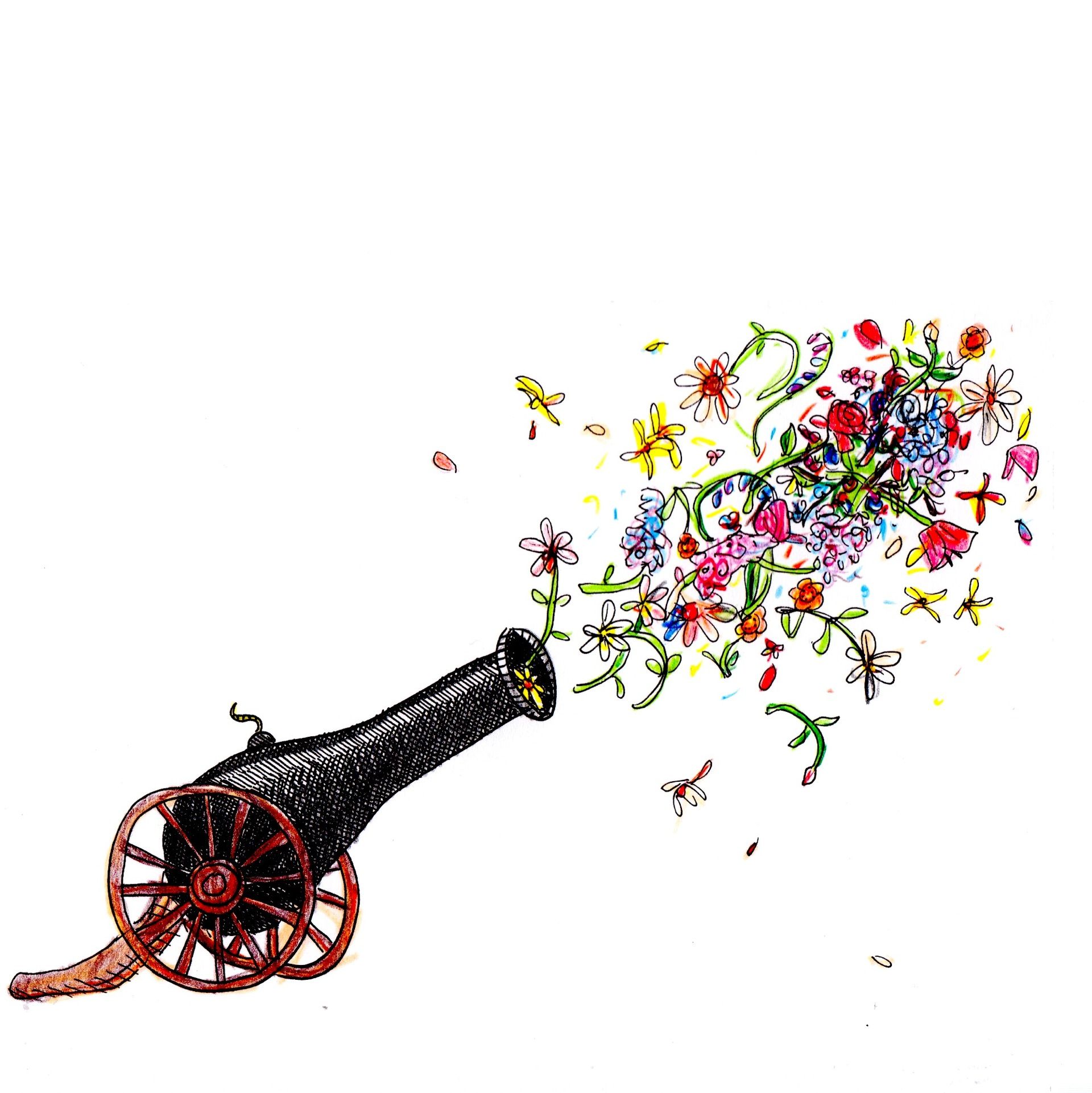
Those of you who read The Small Bow newsletter regularly know that poetry has been an important part of my recovery. Every morning, I read a poem as part of my daily journal and reading routine. This began in 2017, when I was working my way through early sobriety. I discovered a poem that I loved — Stephen Dunn’s “The Inheritance.” From there, I began to seek out more contemporary stuff, poems that I read for pure enjoyment. Poems that offered me recognizable worlds and helped me access some of the disorienting feelings I was navigating in early sobriety.
In order to better promote poetry and the poets who write it on TSB, I’m starting a monthly series called “TSB’s Poet Laureate Club” where I’ll feature one poet per month whose work I dig and have found an excellent complement to my recovery.
This month’s poet laureate is George Bilgere. George’s latest collection, Cheap Motels of My Youth, can be found here.
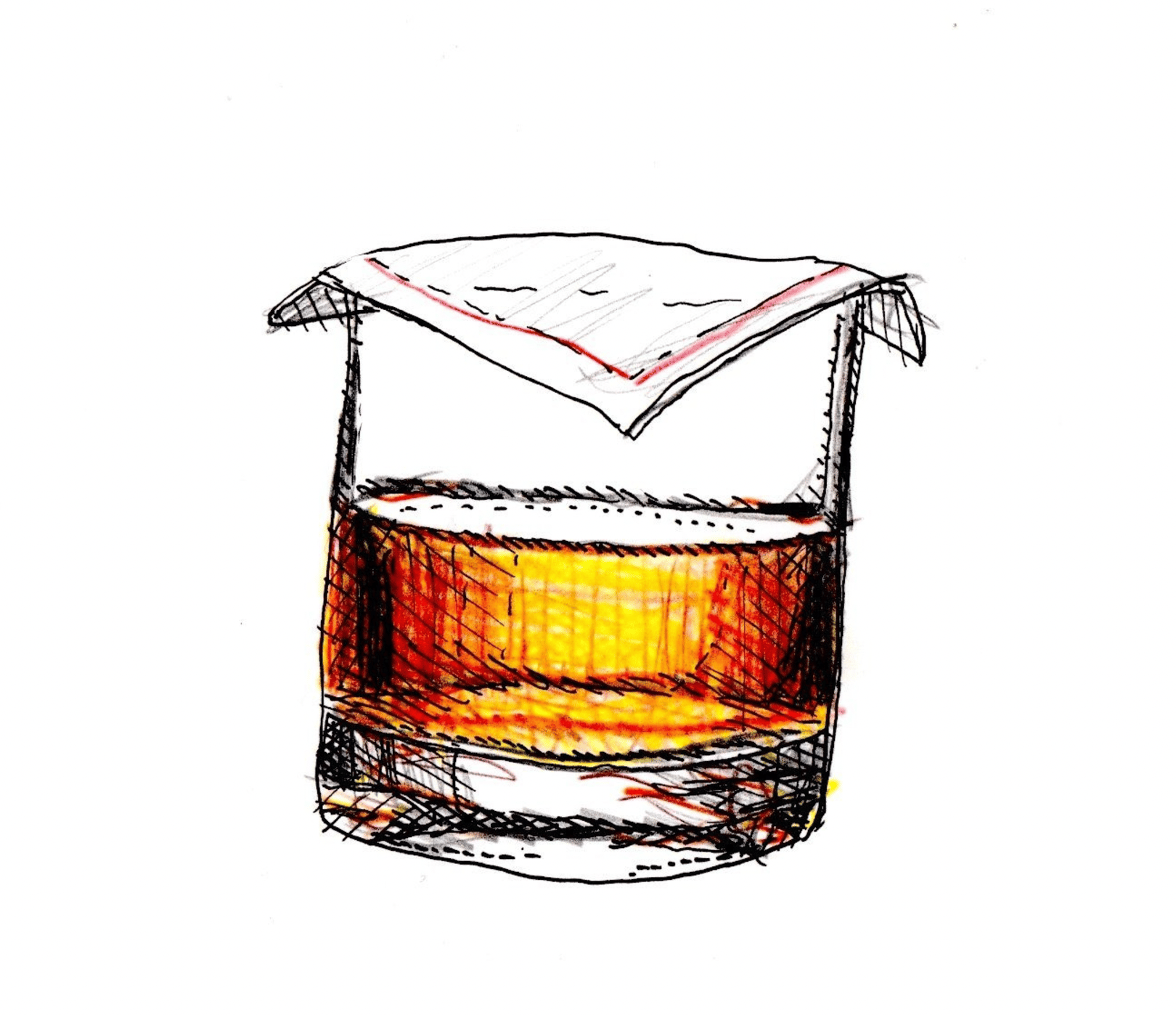
“He Came to Hate the Dull, Comfortable Life He Was Leading”
by George Bilgere
Anyone who’s followed my work over the years knows that I have returned again and again to the subject of my father’s alcoholism. It was the defining fact of my childhood, the Big Bang that uprooted the family and tore it apart. I was probably six years old when the event I describe in “The Forge” occurred, and what I say about it in the poem is pretty much just a play-by-play description of what happened that day. Our wealthy little neighborhood in St. Louis, an early version of a gated community, was right out of Richard Yates’ Revolutionary Road. The husbands went into downtown St. Louis to run their businesses. The wives stayed home, looked pretty, vacuumed the house or had the maid do it, and waited for five o’clock, when everyone could start drinking. My father ran a car dealership — Bilgere Chevrolet — and hated it. His dream had been to become a singer of lieder and oratorio, and he showed great promise as a young man. But he developed tuberculosis in his mid-twenties, lost a lung, and that was the end of singing. Fortunately — or not — his own father ran the quite prosperous Chevy dealership, and my dad inherited the reins. But he wasn’t cut out for business, and he came to hate the very dull but comfortable life he was leading. Or so I think. To be honest, I don’t really know why he destroyed everything and threw it all away. But within two years of that bizarre and frightening scene in our front yard he was dead. His liver threw in the towel. My mother moved the family — my two sisters and me — to California, land of new beginnings. And my father’s life would come to reappear in my poems.

The Forge
by George Bilgere
*****
I remember seeing my father stophalfway up the driveway because my tricyclewas blocking the way to the garageand how he solved the problemby picking up the tricycle by the handlebarsand smashing it through the windshieldof our brand new family station wagon,his face red with scotch, his black tieand jacket flapping with effort, the tricyclemaking its way a little farther with each blowinto the roomy interior of the latest modelas the safety glass relented, the tricycleand the windshield both praiseworthyin their toughness, the struggle between themsomehow making perfect sensein midday on our quiet suburban street,the windshield the anvil, the trike the hammer,the marriage the forge, and failureglowing in the heat, beatenand tempered, slowly taking shape.
George Bilgere lives and writes in Cleveland, Ohio, where he is the director of the creative writing program at John Carroll University. His poems have appeared in Poetry, Kenyon Review, Best American Poetry, New Ohio Review, Field, Georgia Review, Southern Review, Sewanee Review, Ploughshares, New England Review, and elsewhere. He also runs the newsletter Poetry Town. Read more about him here.
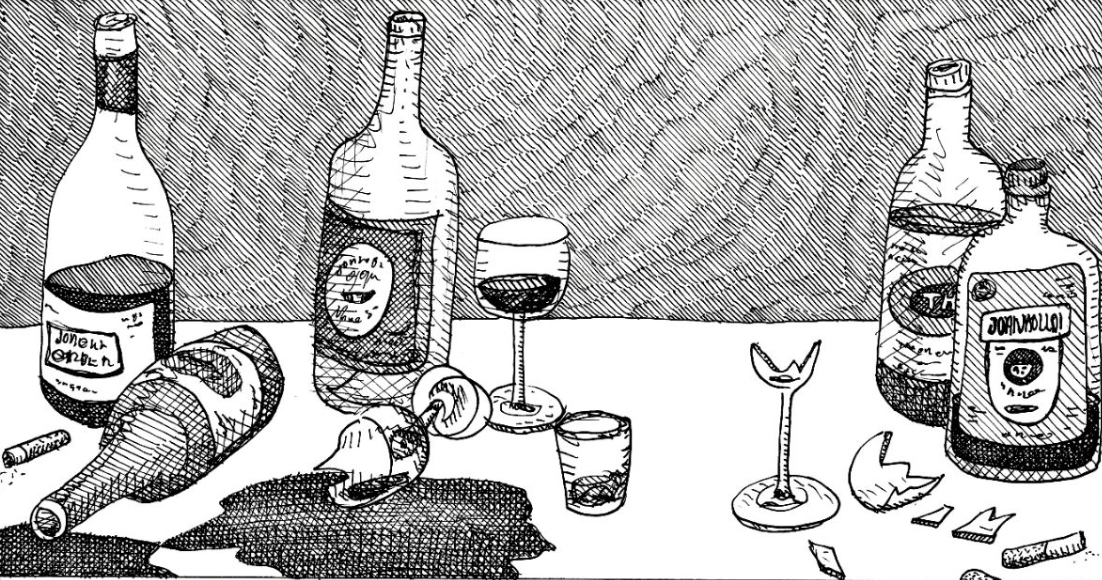
RELATED:
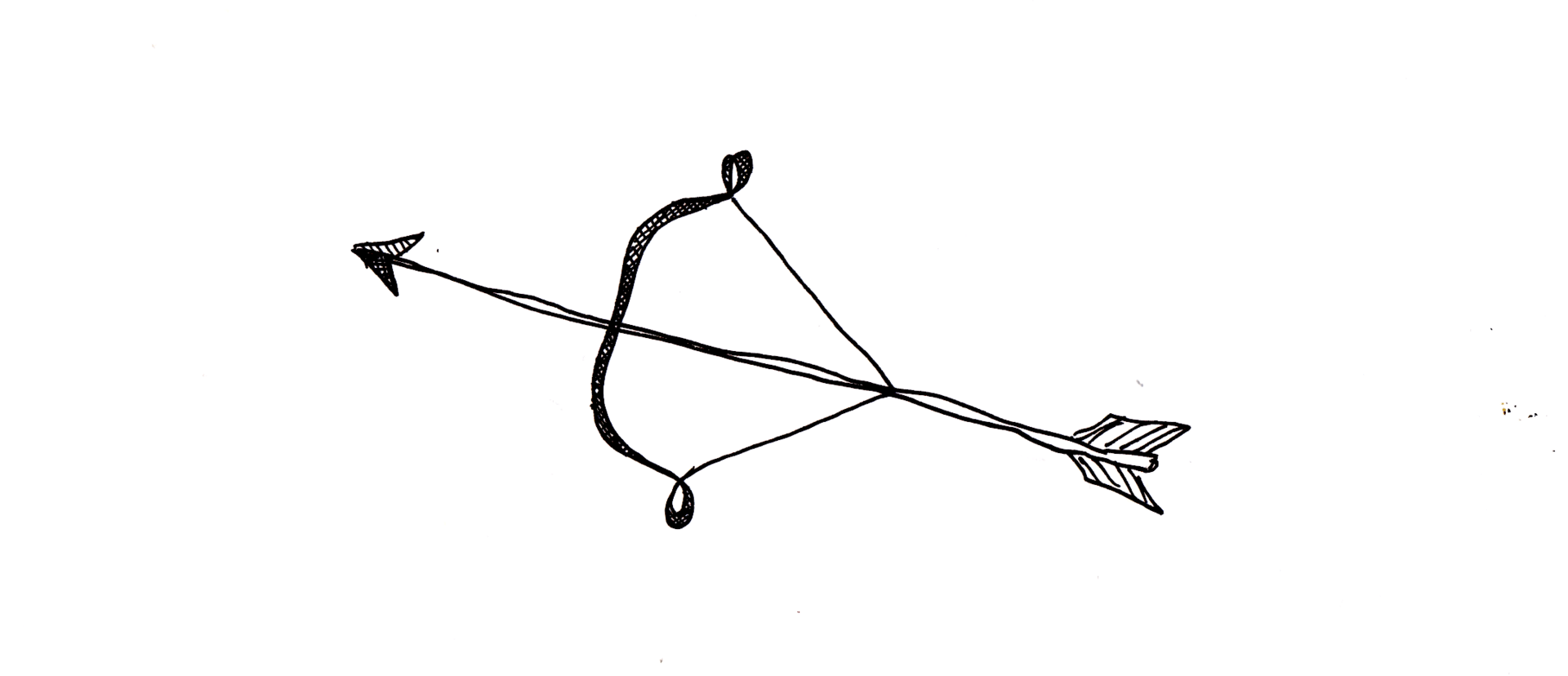
If you’d like to support us, press this button.
